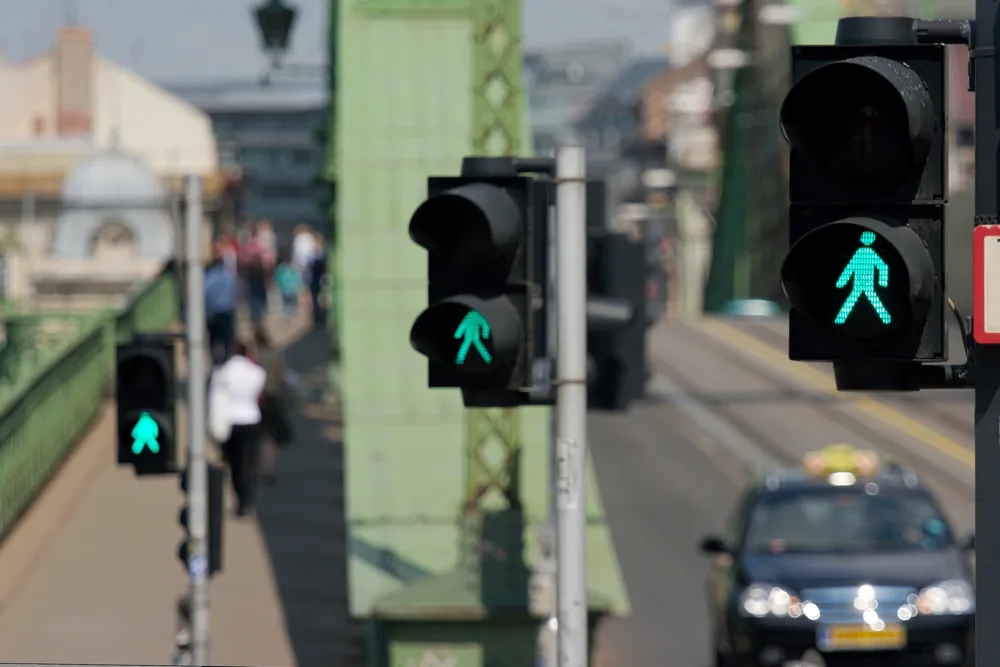
Next year's ITS European Congress, which takes place on 22–24 May 2023 in Lisbon, has the overall theme of ITS: The Game Changer.
Organiser Ertico - ITS Europe has already opened the invitation for submissions for sessions and papers covering five topics on ITS and smart mobility - but has now made a deep dive into two of them: New Mobility Services and Digitalisation and the Data Value Chain.
Apply here - with a deadline of 16 December 2022.
New Mobility Services
Innovative mobility services are emerging to better serve citizens’ mobility needs and profoundly changing urban transport. Car-sharing, ride-sharing, and bike-sharing services and operators have multiplied rapidly over the past few years, making citizens less reliant on privately-owned vehicles. Integrated platforms based on the MaaS approach include access to conventional transport services, such as buses and trams, and possibly private vehicles. At the same time, focus is now turning to urban air mobility services.
Submissions are invited for sessions or papers that explore best practices and lessons learnt from MaaS, urban air mobility and air space management, new business models, and integration of services, modes and sectors. From the social perspective, the topic could address issues of jobs, changes to the workforce and skills development, or about opportunities and expectations in terms of accessibility for all users. Measuring the impact of new mobility services on climate targets and quality of service are also interesting aspects, along with matters related to governance, regulatory regimes, standards and interoperability.
The rise of new mobility services is leading to many questions and challenges for city and regional authorities, especially concerning their role in the management and regulation of such services, and notably in terms of policy, standards, data sharing, and ownership.
Digitalisation and the Data Value Chain
Digitalisation is happening at all levels of the value chain. We have yet to determine how best to develop, deploy, and operate digital infrastructure. Cities often own a great deal of mobility data but hesitate to share it with transport suppliers because of concerns about privacy, safety, and liability. Similarly, suppliers are concerned about maintaining commercial security and competitiveness.
Under this topic, submissions are invited to explore best practise implementations, issues related to data ownership, privacy and security, and other aspects of data processing. There is much interest in open data platforms and a call for clear policies and standards for data sharing to make mobility more personalised and efficient, safer and greener. What is the link between data processing and energy efficiency?
Are you one of the new players offering digital platforms/technologies providing interesting insights on the future of the ITS sector, with the emergence of new business models?
Ertico invites companies to take part in the Congress and present technical papers before 16 December 2022.









